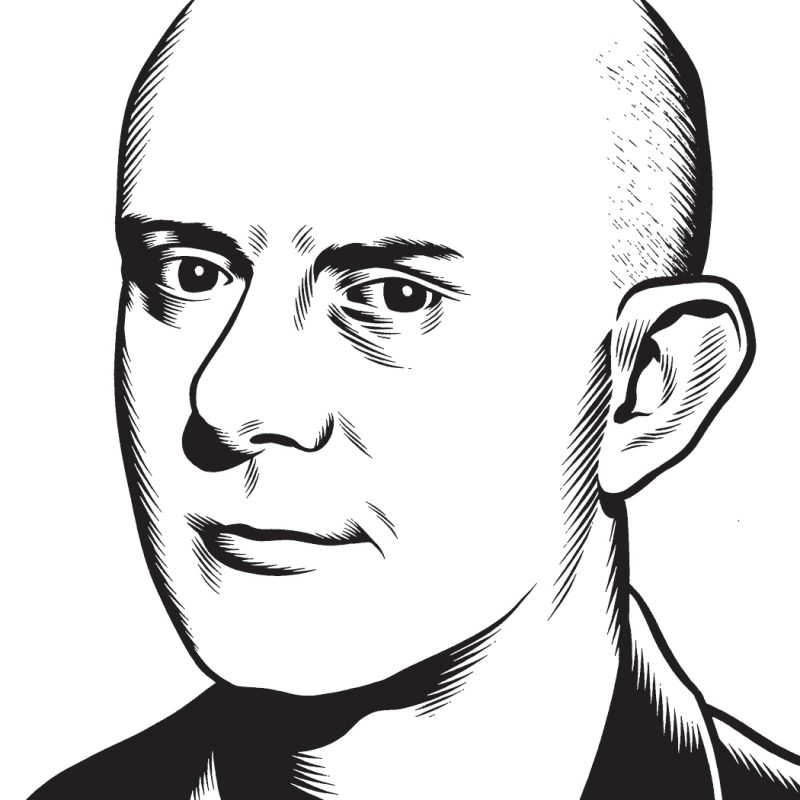BOOKS BOUGHT:
- Stumbling on Happiness—Daniel Gilbert
- Prunella: The Authorized Biography of Prunella Scales—Teresa Ransom
- The Selected Letters of Charles Dickens—Jenny Hartley, ed.
- Joan’s Book—Joan Littlewood
- The Submission—Amy Waldman
- Fings Ain’t Wot They Used T’ Be: The Lionel Bart Story—David and Caroline Stafford
BOOKS READ:
- Imagine: How Creativity Works—Jonah Lehrer
- Fings Ain’t Wot They Used T’ Be: The Lionel Bart Story—David and Caroline Stafford
- Beautiful Ruins—Jess Walter
- Citizen Vince—Jess Walter
- Ready Player One—Ernest Cline
I am a creative professional. The temptation to qualify that sentence with an “I suppose” or a “for want of a better description” or an “on a good day” or a “whatever you might think” or just a simple “not” is almost overwhelming; it feels as though I just began a column with the sentence “I am very good at sex.” Actually, it’s even worse than that. I am likely to have sex with only a very small minority of you, for various reasons that we don’t need to go into here, some of them surprising, so word is unlikely to spread. But you can all buy or borrow a book or a movie or even an album I’ve written, and make up your own minds about my creativity. One of the many admirable things about Jonah Lehrer’s Imagine is that he does not argue that to be creative is the same thing as to be special, or clever, or gifted, and that’s what sounds uncomfortable about that opening sentence: I seem to be saying something more than “I make stuff up, and someone shells out for it.” I’m not, though. Honestly.
The first half of Imagine is about what happens in our brains when we make stuff up, and it’s riveting, especially, perhaps, if that’s what you’re paid to do. The frequent appearance in this column of biographies, typically biographies of artists, can be explained by my enduring interest in this very subject. The main reason I pick up those books in the first place is because I want to know how Preston Sturges or Richard Yates or Lucille Ball or, most recently, Charles Dickens did what they did; I want to know what it felt like to be them. Well, Lehrer’s subject is the mother ship. This is the literary biography that bypasses the details of advances and failed marriages, leaves out the names, even, and attempts to deal with the literal source of all creativity. There are many reasons why Dickens became Dickens, but none of them would have counted for anything had it not been for...
You have reached your article limit
Sign up for a digital subscription and continue reading all new issues, plus our entire archives, for just $1.50/month.
Already a subscriber? Sign in






